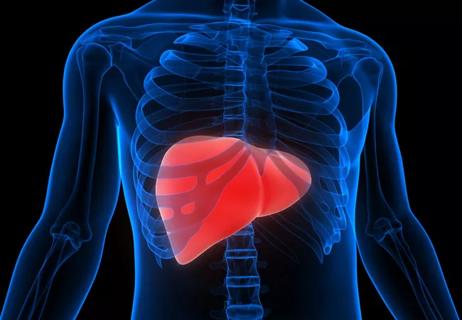Study finds no significant association between BMI and pain following most noncardiac procedures

There were 40 million children under the age of 5 and more than 340 million individuals between the ages of 5 and 19 whose BMI put them in the categories of overweight/obesity in 2018, according to the World Health Organization.1 Despite the increasing proportion of pediatric patients with obesity, there is little data about pain sensitivity and analgesic requirements in this population.
Advertisement
Cleveland Clinic is a non-profit academic medical center. Advertising on our site helps support our mission. We do not endorse non-Cleveland Clinic products or services. Policy
In adult patients with obesity, evidence suggests different opioid requirements following surgery to achieve optimum recovery. This could be secondary to altered perception of pain and differences in pharmacokinetics and pharmacodynamics of analgesic medications. Unfortunately there is a lack of such clinical evidence among the population of pediatric patients with obesity. It is also unclear whether obese children should receive analgesics according to their ideal body weight, potentially exposing them to underdosing and sub-optimal pain control, or according to their actual body weight, with the inherent risks of toxicity and opioid-induced side effects, such as respiratory depression or nausea/vomiting.
To address this, in a single-center retrospective cohort study, led by Alparslan Turan, MD, Vice Chairman of Outcomes Research and Staff at Cleveland Clinic’s Anesthesiology Institute, Surendrasingh Chhabada, MD, a pediatric anesthesiologist with Cleveland Clinic Children’s, together with collaborators, analyzed postoperative pain scores and opioid consumption in opioid-naïve patients between the ages of 8 and 18 who had elective, noncardiac surgery with an inpatient stay of at least 48 hours at Cleveland Clinic Children’s between 2010 and 2015.2 The authors found no clinically important association between BMI and postoperative pain or opioid requirement. These results suggest that clinicians can follow a similar dosing approach in obese and non-obese patients between 8-18 years of age when administering opioids in the perioperative period.
Advertisement
Advertisement
Advertisement

Strong patient communication can help clinicians choose the best treatment option

ctDNA should be incorporated into care to help stratify risk pre-operatively and for post-operative surveillance

The importance of raising awareness and taking steps to mitigate these occurrences

New research indicates feasibility and helps identify which patients could benefit

Treating a patient after a complicated hernia repair led to surgical complications and chronic pain

Standardized and collaborative care improves liver transplantations

Fewer incisions and more control for surgeons

Caregiver collaboration and patient education remain critical